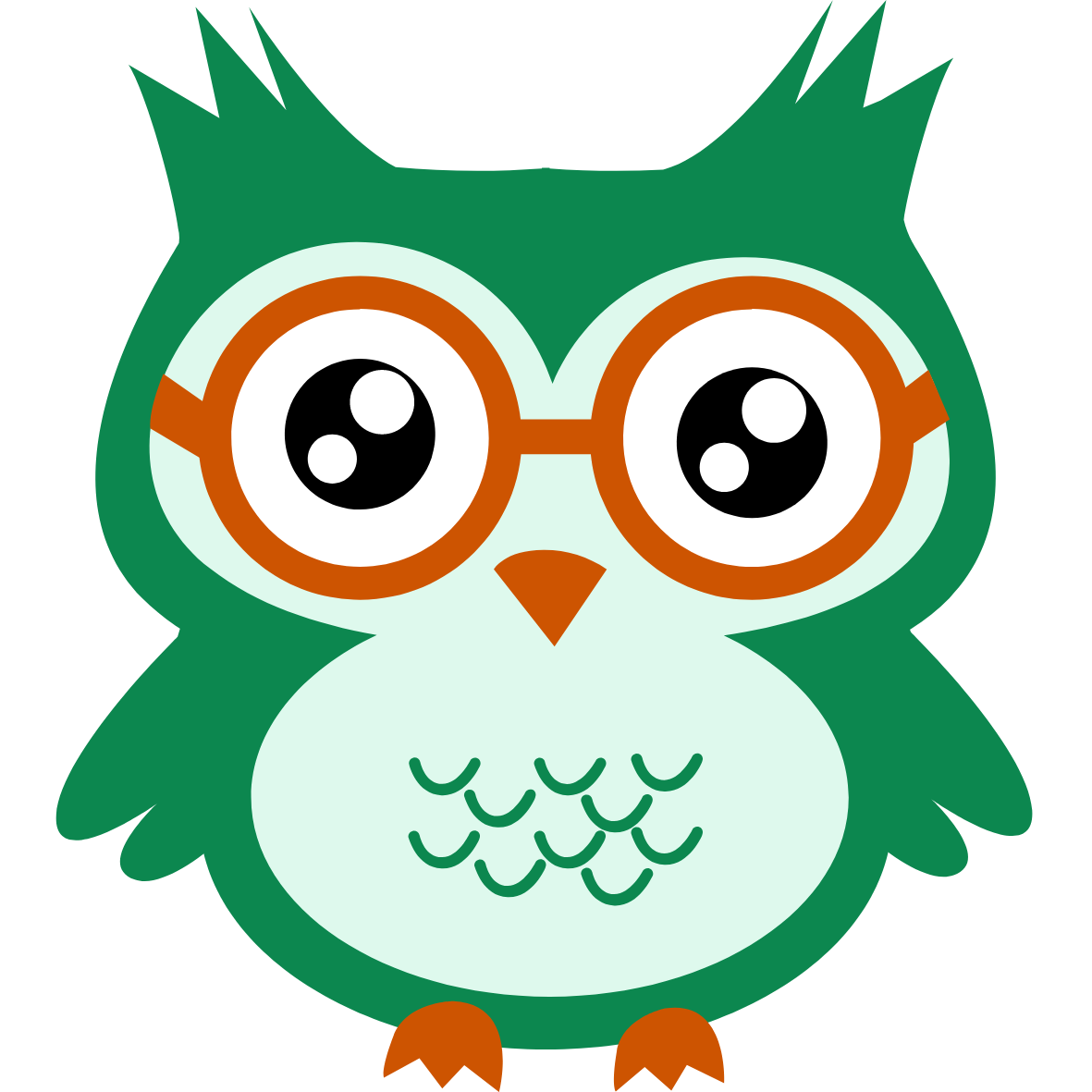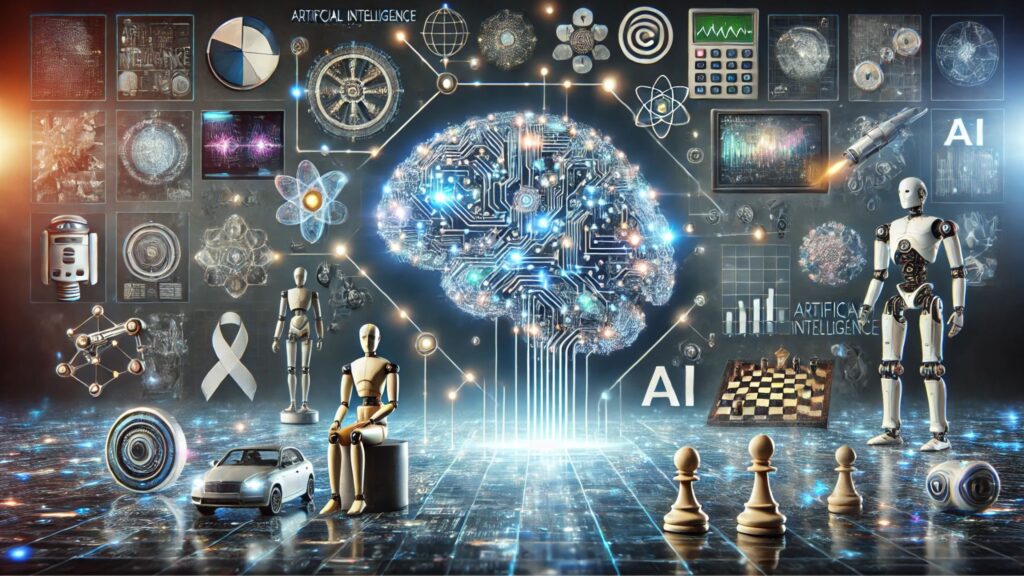Artificial Intelligence (AI) has swiftly evolved from a futuristic concept into a powerful force that touches nearly every aspect of our lives. From creating art that sells for millions to helping us explore the farthest reaches of space, AI is doing things that were once thought impossible. As this technology continues to advance, it’s becoming increasingly clear that AI is not just a tool but a transformative presence in our world. In this article, we delve into fascinating facts about AI that highlight its incredible capabilities and the profound impact it’s having across various fields. Whether you’re an AI enthusiast or simply curious about the future, these insights will open your eyes to the astonishing ways AI is reshaping our reality.
1. AI Can Create Art That Sells for Millions

When you think of art, you probably imagine a painter in a sunlit studio or a sculptor chiseling away at a block of marble. What if I told you that AI could do the same, and not just passably, but well enough to fetch millions at auction? This isn’t science fiction—it’s already happening.
In 2018, an AI-generated painting titled “Portrait of Edmond de Belamy” was sold at Christie’s auction house for a staggering $432,500. The painting was created by a Paris-based art collective using a machine learning algorithm called GANs (Generative Adversarial Networks). This algorithm was trained on a dataset of 15,000 portraits painted between the 14th and 20th centuries. What made this sale particularly fascinating was not just the eye-popping price, but the fact that the painting was the first piece of AI art to be sold at a major auction house.
But this raises an interesting question: Can AI truly be considered an artist? Some argue that because AI lacks human emotions and experiences, it cannot truly “create” art. Others believe that art is a reflection of its time, and since AI is undeniably part of our current era, its creations are just as valid as those of any human artist.
2. AI Has Beaten Humans at Some of the Most Complex Games on Earth
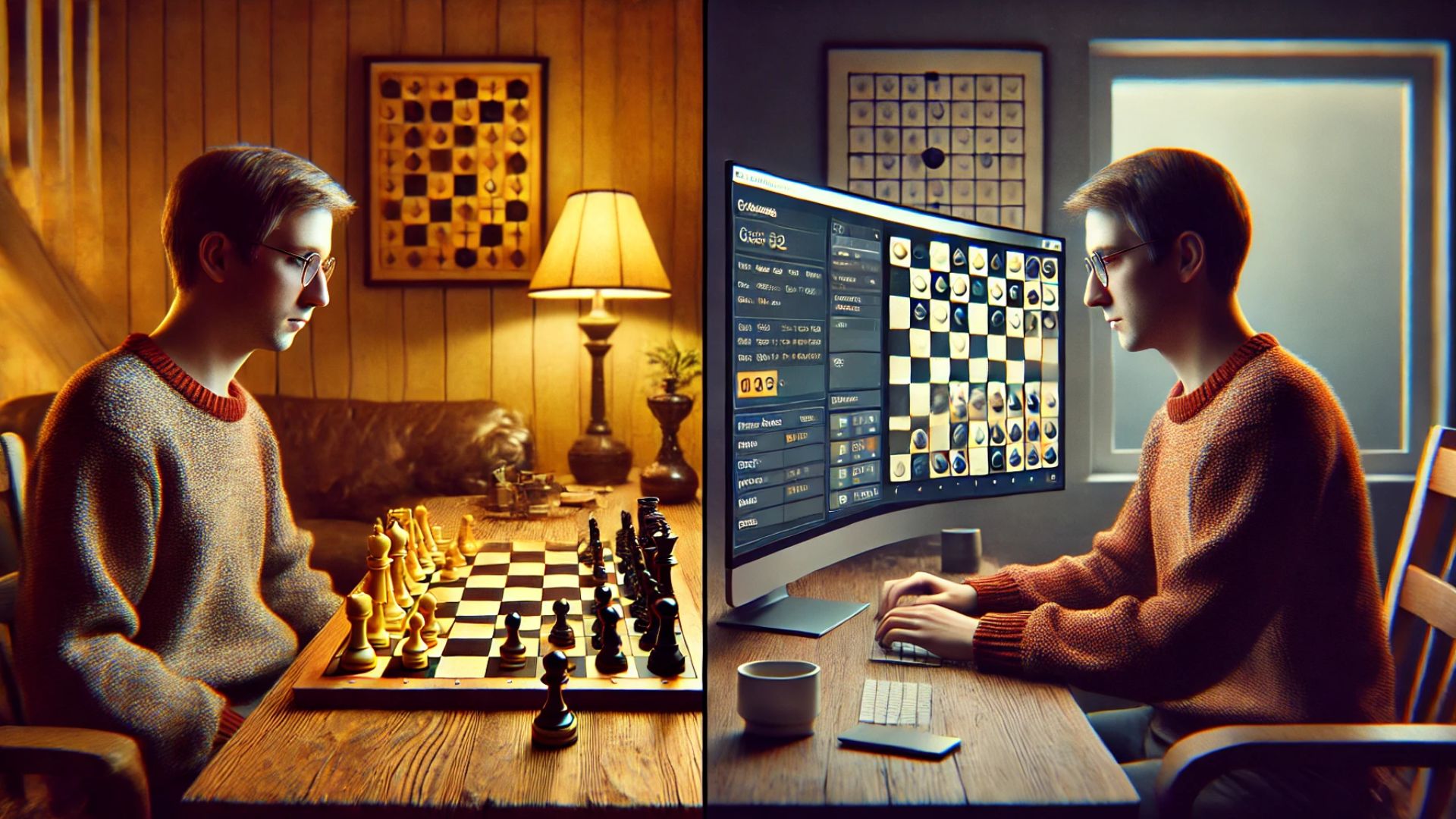
Playing games has always been a quintessentially human activity, from ancient board games to modern video games. But what happens when AI steps up to the challenge? The results can be both awe-inspiring and a little unsettling.
In 1997, IBM’s Deep Blue made history by defeating world chess champion Garry Kasparov. Fast forward to 2016, and Google’s AI program, AlphaGo, managed to beat Lee Sedol, one of the world’s top Go players, in a series of matches. Go, an ancient Chinese board game, is significantly more complex than chess, with more possible moves than there are atoms in the observable universe. AlphaGo’s victory was a monumental achievement for AI because it demonstrated an ability to think creatively, strategically, and adaptively—traits that were once thought to be exclusively human.
These victories aren’t just about winning games. They demonstrate the potential of AI to solve complex problems, make decisions in unpredictable environments, and even outperform humans in tasks that require deep strategic thinking.
3. AI is Writing Novels and Screenplays
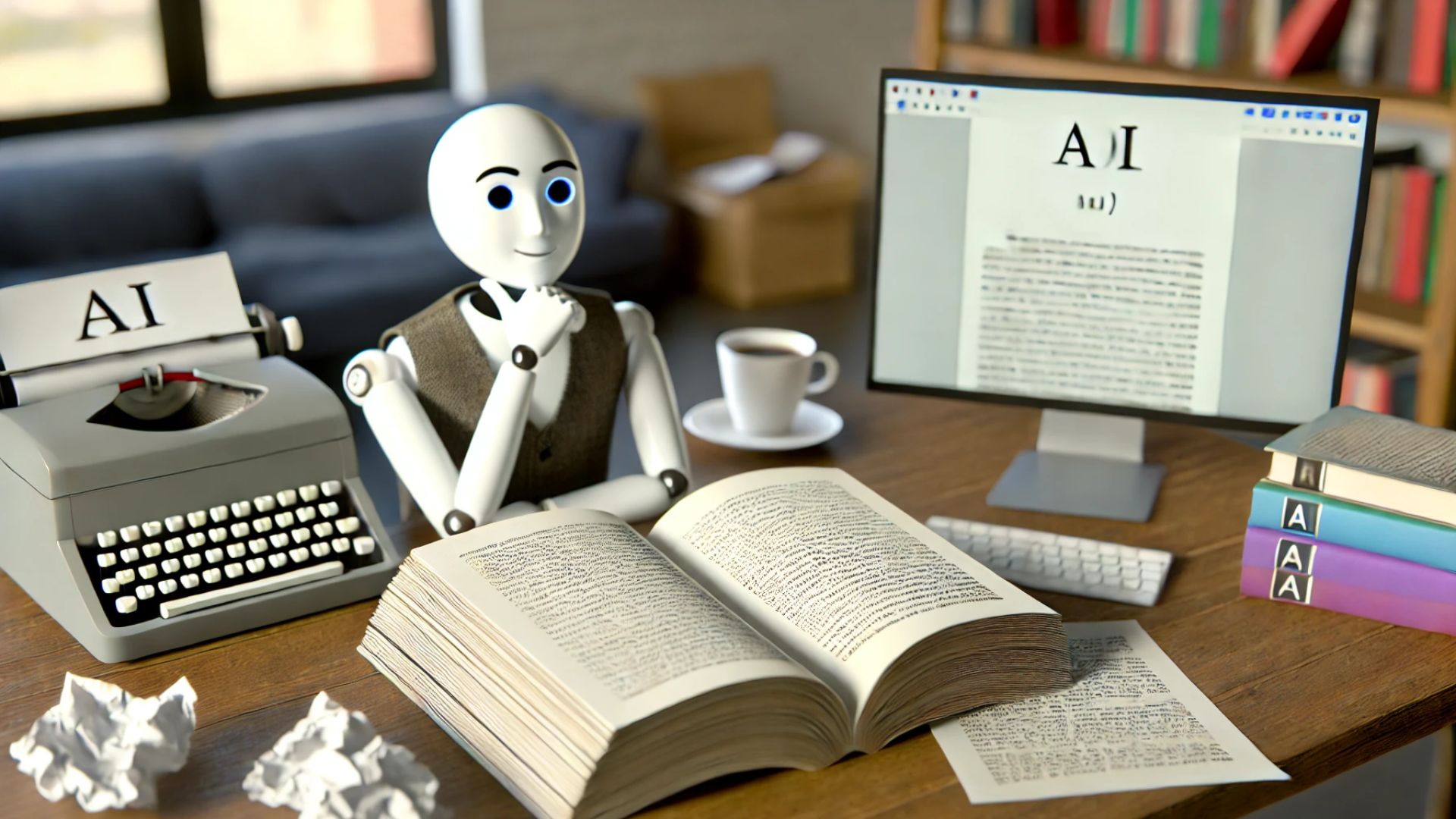
If you think writing is a purely human endeavor, think again. AI has entered the realm of literature and film, and it’s not just dabbling—it’s producing full-length novels and screenplays that are actually being published and produced.
Take “1 the Road,” for example, a novel written by an AI named Ross Goodwin. Goodwin equipped a car with a laptop, GPS, camera, and microphone, and then set off on a road trip from New York to New Orleans. Along the way, the AI captured everything it saw, heard, and felt, using this data to generate text that mimicked the style of Jack Kerouac’s “On the Road.” The result was a surreal, often disjointed narrative that reads like a stream of consciousness—an experimental piece of literature that challenges the very notion of authorship.
AI’s foray into screenwriting is equally fascinating. The short film “Sunspring,” written entirely by an AI named Benjamin, was produced in 2016. While the script was quirky and at times nonsensical, it showcased AI’s potential to contribute creatively to the film industry. Imagine a future where AI assists human writers by generating ideas, plot twists, or even entire scenes, pushing the boundaries of storytelling.
4. AI is Revolutionizing Healthcare
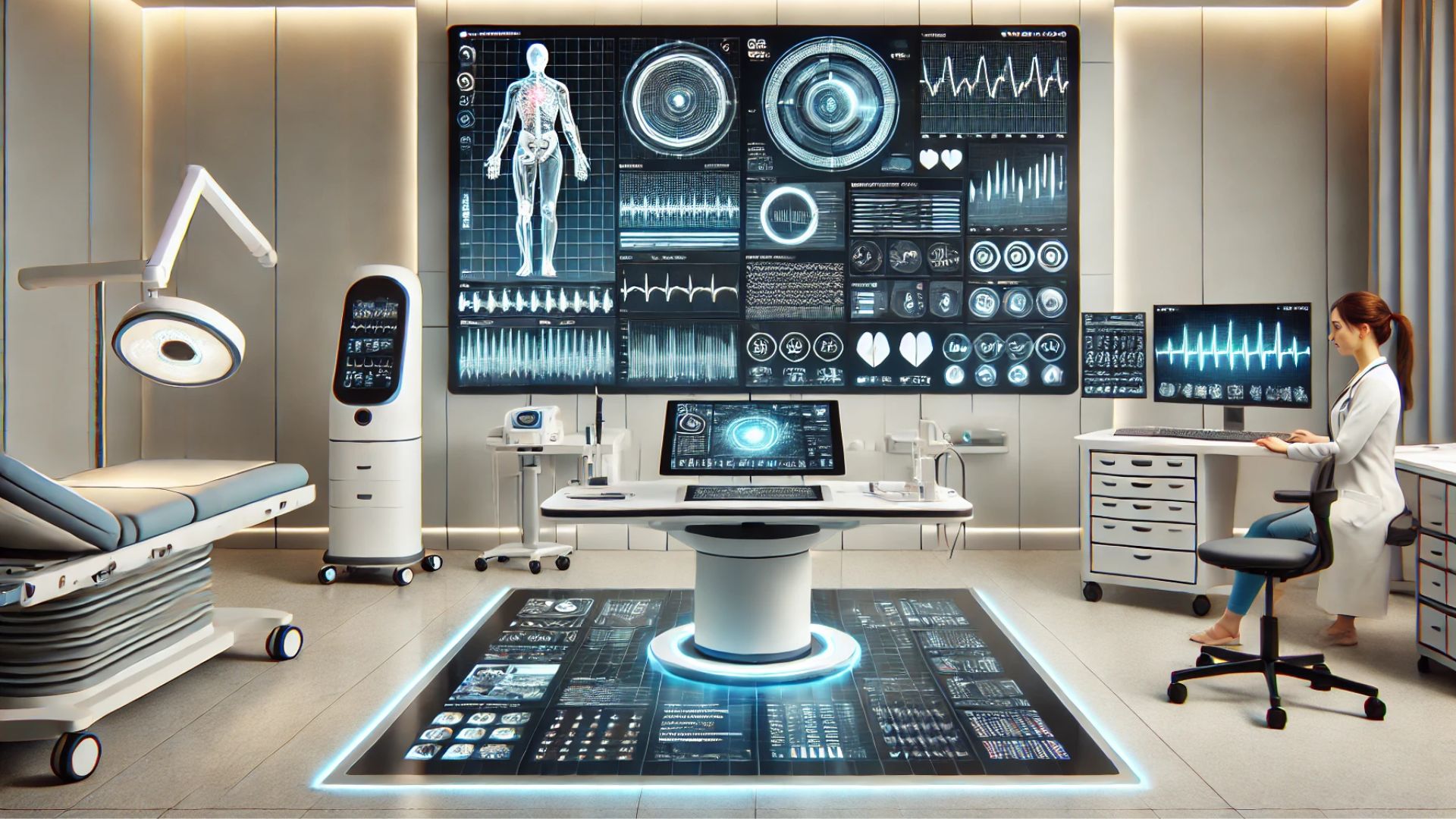
The impact of AI on healthcare is nothing short of revolutionary. From diagnostics to treatment planning, AI is transforming the way we approach medicine, making it more personalized, accurate, and efficient.
One of the most impressive applications of AI in healthcare is in the field of medical imaging. AI algorithms can analyze medical images, such as X-rays, MRIs, and CT scans, with a level of precision that often surpasses that of human radiologists. For instance, AI systems have been developed to detect early signs of diseases like cancer, which can be incredibly subtle and easy to miss.
AI is also being used to develop personalized treatment plans. By analyzing a patient’s genetic makeup, lifestyle, and medical history, AI can predict how they might respond to different treatments, allowing doctors to tailor their approach. This is especially valuable in the treatment of complex conditions like cancer, where a one-size-fits-all approach is often inadequate.
Moreover, AI-powered virtual assistants are now helping patients manage chronic conditions by providing reminders for medication, offering lifestyle advice, and even alerting doctors if something seems amiss. This not only improves patient outcomes but also reduces the burden on healthcare providers.
5. AI is Changing the Job Market—But Not in the Way You Might Think
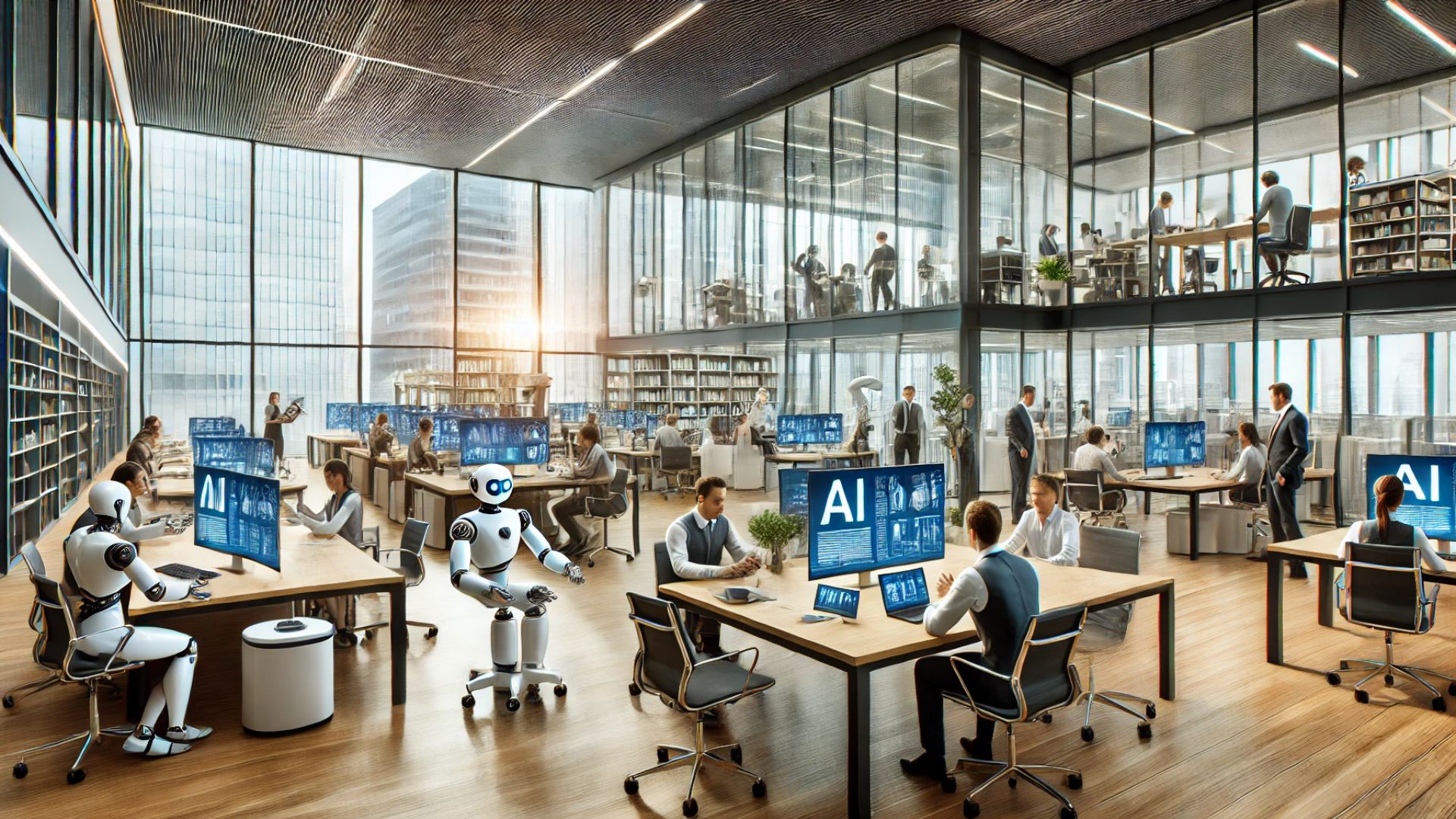
There’s a common fear that AI will lead to widespread job loss, but the reality is more nuanced. While AI is automating certain tasks, it’s also creating new opportunities and reshaping the job market in unexpected ways.
For instance, AI is taking over repetitive and mundane tasks, such as data entry, customer service inquiries, and even some aspects of financial analysis. This allows human workers to focus on more complex, creative, and meaningful work. In fact, many companies are now seeking employees with skills in managing, designing, and interacting with AI systems—roles that didn’t exist just a decade ago.
Moreover, AI is driving innovation in industries like manufacturing, logistics, and agriculture, leading to the creation of new jobs that require a blend of traditional skills and technological expertise. For example, in agriculture, AI-powered robots are being used for tasks like planting, watering, and harvesting, which not only increases efficiency but also opens up new roles in AI system maintenance and development.
It’s important to note that while some jobs may be displaced, the overall impact of AI on the job market is likely to be positive in the long run, leading to a more dynamic and diverse economy.
6. AI is Learning to Understand and Even Generate Human Emotions
![]()
One of the most intriguing aspects of AI is its ability to recognize, interpret, and even generate human emotions. This capability is still in its early stages, but the progress made so far is both impressive and a little eerie.
AI systems like Affectiva have been developed to analyze facial expressions, tone of voice, and other non-verbal cues to determine a person’s emotional state. This technology is already being used in customer service, where AI can detect when a customer is frustrated and adjust its responses accordingly. It’s also being applied in mental health care, where AI can help therapists monitor patients’ emotional well-being and provide support in real-time.
But AI isn’t just recognizing emotions—it’s also starting to generate them. For example, OpenAI’s GPT-3 language model can write text that evokes emotions, from sadness to joy to fear. This opens up possibilities for AI to play a role in creative fields like advertising, entertainment, and even therapy.
However, this raises ethical questions. Can AI truly understand emotions, or is it just mimicking them? And what are the implications of AI that can influence human emotions? These are questions that society will need to grapple with as AI continues to evolve.
7. AI is Helping Us Explore the Universe
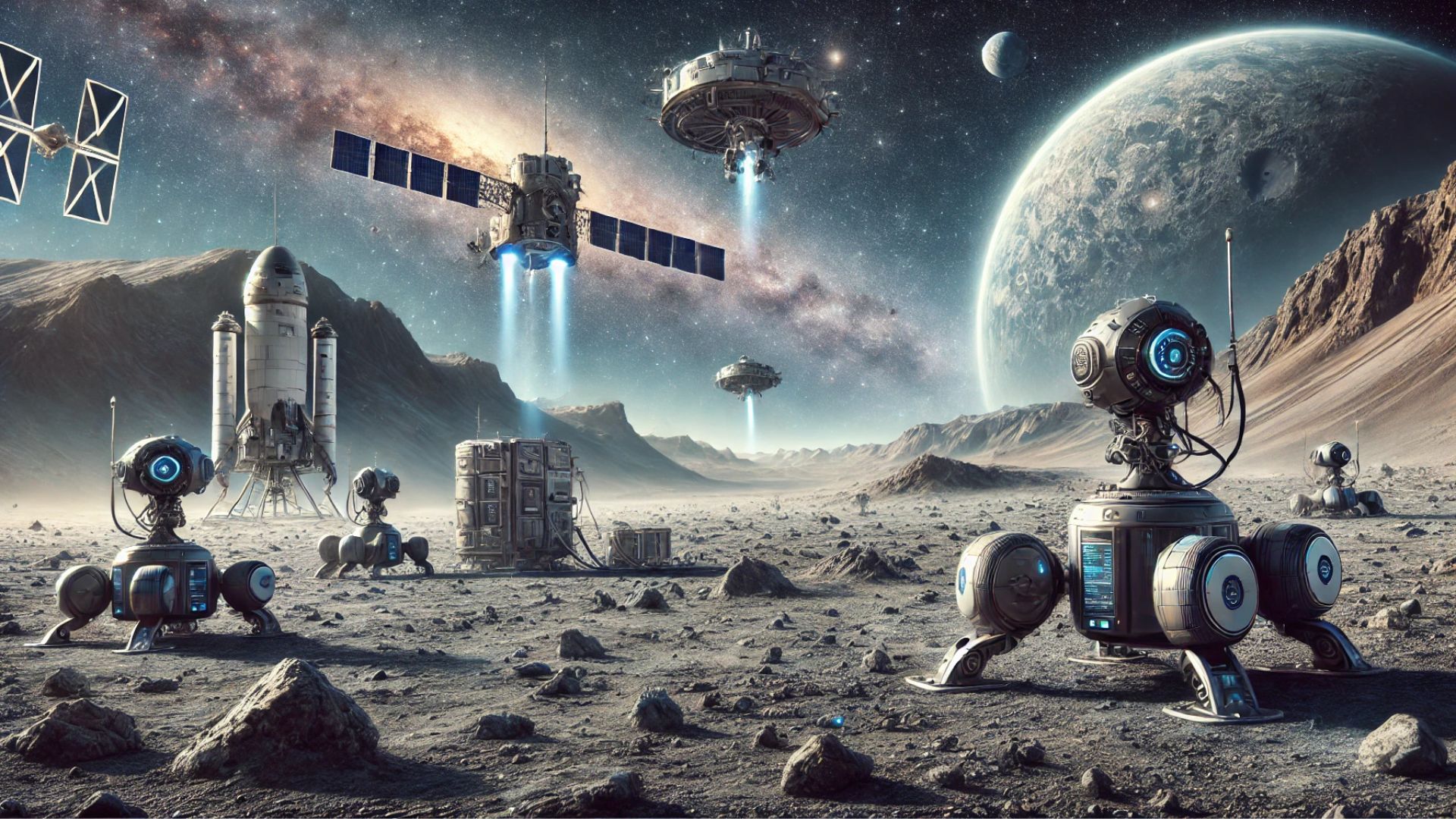
The vastness of space has always been one of humanity’s greatest mysteries. Now, AI is playing a crucial role in our quest to explore the cosmos, from identifying exoplanets to analyzing data from distant galaxies.
NASA and other space agencies are using AI to sift through the massive amounts of data collected by telescopes and spacecraft. For instance, AI algorithms have been instrumental in the discovery of new exoplanets—planets outside our solar system—by analyzing the light patterns of distant stars. These algorithms can detect the tiny dips in brightness that occur when a planet passes in front of its star, a task that would be nearly impossible for humans to do manually.
AI is also being used to navigate spacecraft, making real-time decisions in environments where communication delays with Earth would be problematic. For example, AI systems help rovers like Curiosity on Mars navigate the planet’s terrain autonomously, choosing paths that avoid obstacles and maximize the scientific value of their explorations.
In the future, AI could play a role in even more ambitious space missions, such as exploring the outer planets of our solar system or even searching for signs of life on other worlds.
8. AI Could Help Us Achieve True Personalization

In a world where everything from our news feeds to our shopping recommendations is increasingly tailored to our preferences, AI is the driving force behind this personalization. But the future holds even more potential for AI to transform how we interact with the world around us.
Imagine a world where your daily schedule is optimized by AI to match your productivity patterns, where your home environment adjusts to your mood, and where your medical treatments are precisely tailored to your genetic makeup. This level of personalization is becoming more achievable as AI becomes more sophisticated.
One exciting development is AI’s ability to create “digital twins”—virtual models of individuals that simulate how they might react to different scenarios. These digital twins could be used in everything from personalized medicine to customized education, providing insights that are far more precise than anything we have today.
However, with great power comes great responsibility. The more personalized our world becomes, the more data we need to share, raising concerns about privacy and security. Striking the right balance will be crucial as we move toward a future where AI-driven personalization is the norm.
Final Thoughts
Artificial Intelligence is more than just a technological advancement—it’s a force that’s reshaping every aspect of our lives. From creating art to exploring the universe, AI’s potential is vast and full of surprises. As we continue to explore the possibilities, one thing is clear: the future of AI is as fascinating as it is unpredictable.
